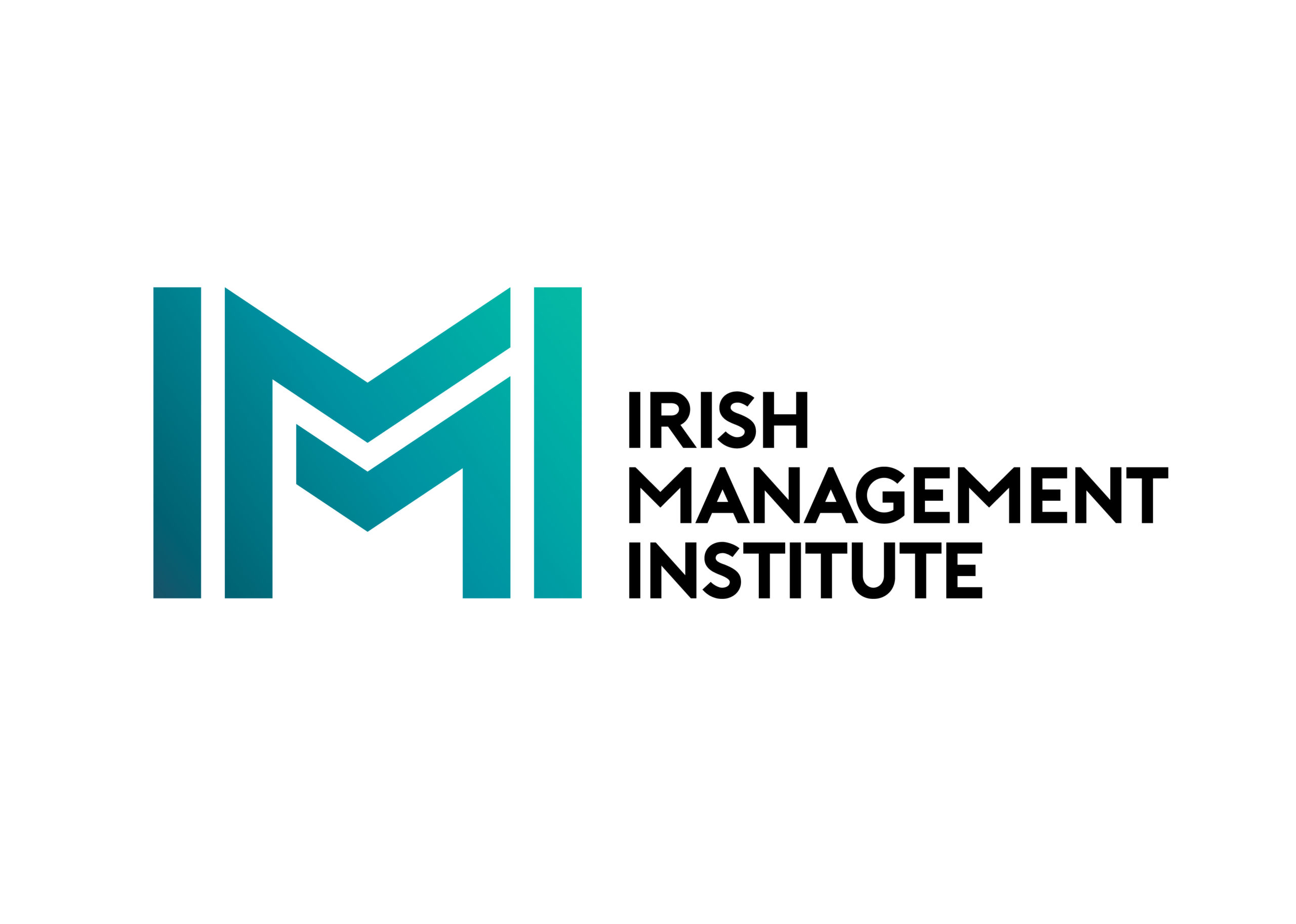Related Articles
Is your Data an Asset or Liability?
A recent study of 75 datasets across 30 Irish organisations (of varying types, sizes and sectors) reveals that the average data quality score is 53%. So half of our critical business data is either incomplete and/or inaccurate (aka “bad data”). That means, half of the data that we use to answer tactical, operational and strategic questions is defunct. In essence, almost half of our business data is a liability, not an asset. Anyone that has been “burned by a decision” they made on data they ‘assumed’ was correct, will know how much of a liability that data can be.

Think of a business question that you frequently need answered, for example: What is my total sales this month? Who is my most profitable customer? Which product is delivering the highest margin? How many customers do I currently have? OK, so you get the idea. Now once you have your business question, you appreciate that having the data in your business systems is also necessary in order to even attempt to answer your business question. So assuming you have the data you may also ask yourself “am I confident that this data is up to the job”? Enter the “Data Asset Audit”, a simple tool that will build confidence in your business data and essentially give you an indication of whether your data is an asset or a liability.
The “Data Asset Audit” is a simple tool designed by Prof. David Sammon and Dr. Tadhg Nagle to assist data savvy managers start new transformative data conversations within their organisations. The tool, organised as a decision tree, comprises three simple checks. Assessing the answer to your business question against these three checks allows you and your colleagues (when used in a collaborative setting) to appreciate if your data is an asset or a liability and position your organisation at some point on the scale from 8 to 1. As a result, you may become more confident about your data quality (e.g. completeness and accuracy), its presentation for use (e.g. immediate visual impact), and its actual value when delivered (e.g. within seconds, minutes, hours, days, weeks, etc. of asking the business question). However, as is often commented: if you answer ‘NO’ to the first check on data quality, the other two checks are somewhat irrelevant thereafter. Regardless of whether this is the case or not, answering ‘NO’ to data quality does leave the organisation with a serious business problem.
As we know, in analytics, every analyst has to address data quality at some point or another. Not surprisingly then the most frequently returned score on the “Data Asset Audit” is 4. So we can see that a score of 4 translates into the first check on data quality being answered as ‘NO’. However, another frequent response from the “Data Asset Audit” tool in use is “it depends on the dataset(s) needed to answer the business question”. As a result, a range of scores (e.g. 2 and 7) is sometimes returned. In fact, while a score of 8 is not offered up too often by those using the “Data Asset Audit” tool, it matters little, as the power of the tool is in the conversation it creates.
The “Data Asset Audit” tool usually appeals to users because of its simplicity and immediacy. The fact that it focuses the mind on a business question to be answered is also appreciated. Of course good conversation and a “what happens next?” attitude is the ideal outcome from the use of the “Data Asset Audit” tool in order to start the journey toward becoming a data-driven organisation. The “Data Asset Audit” tool is one of many discursive templates used on the Data Business programme in order to change the data conversation. The “Data Asset Audit” tool is not a silver bullet but it can get you started on your data-driven journey in a simple, yet effective, way! It’s easier than you think, just start with appreciating the concept of the data asset!
Tadhg Nagle & David Sammon are joint Programme Director of the IMI MSc in Data Business.
Tadgh is a lecturer and researcher in Information Systems at University College Cork. With a background in financial services his expertise is in strategic innovation and emerging and disruptive technologies.
David is a Professor (Information Systems) at Cork University Business School (CUBS), University College Cork (UCC). David’s research interests focus on the areas of conceptual/logical data modelling, agility, master data design, theory and theory-building, and redesigning organisational routines through mindfulness.




